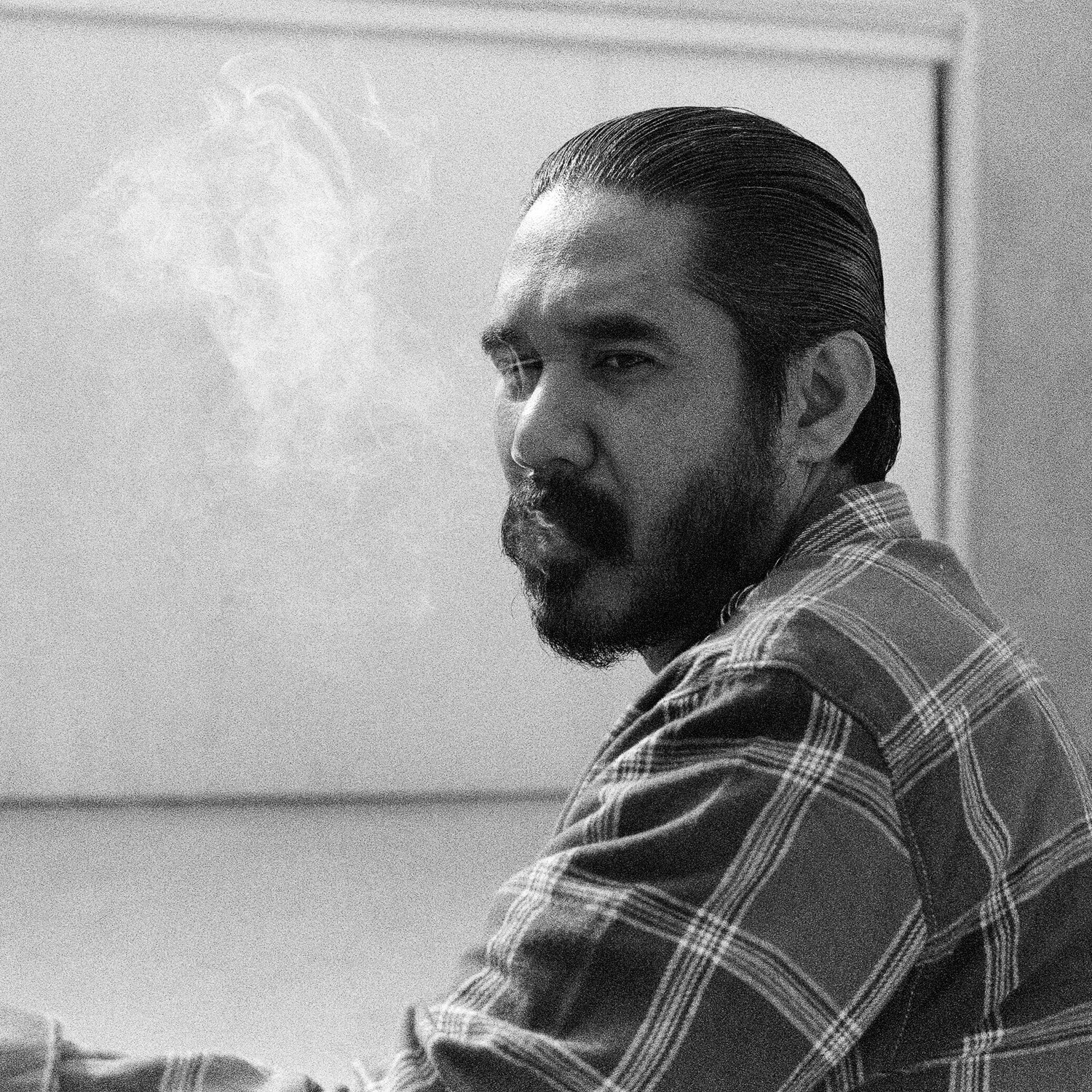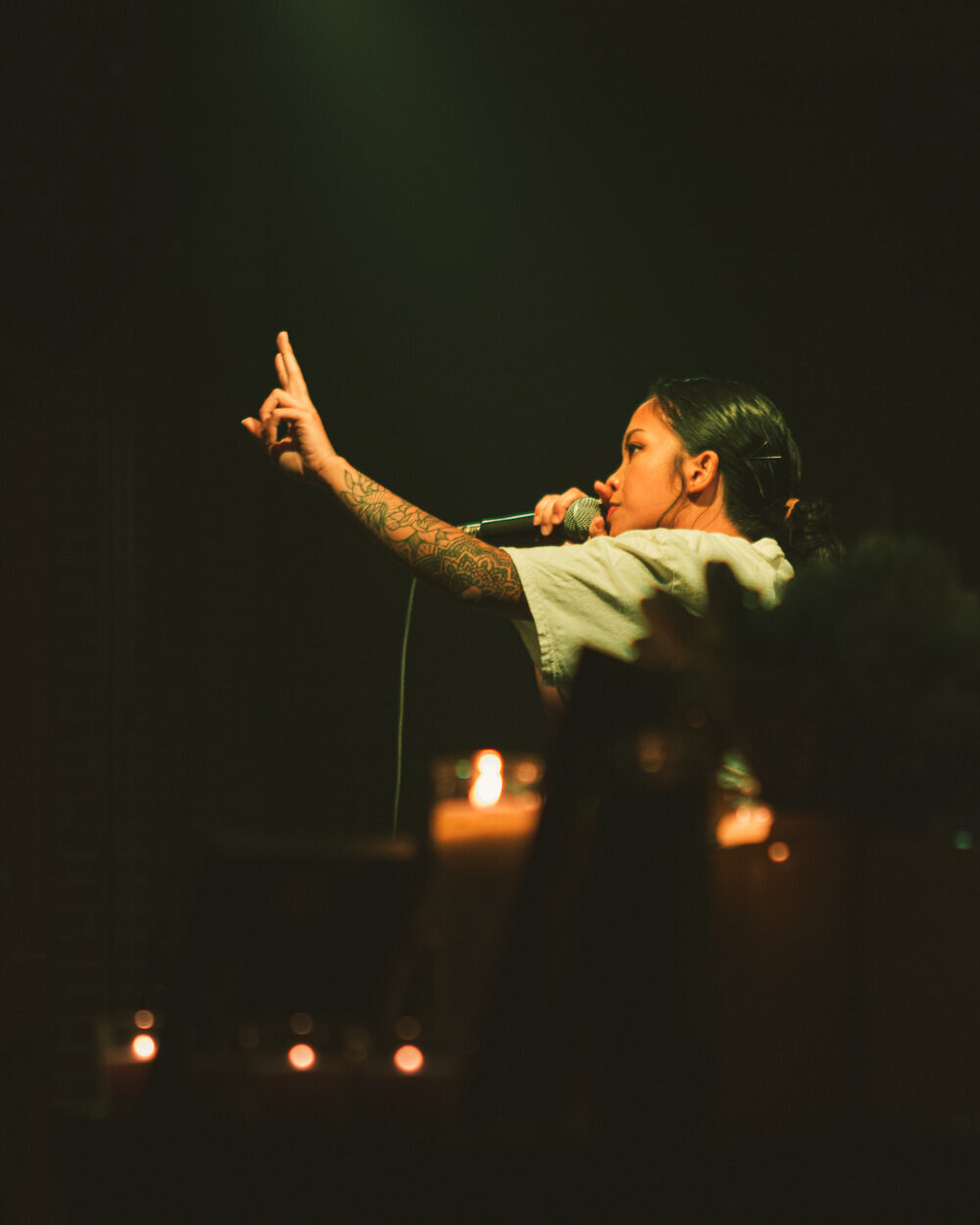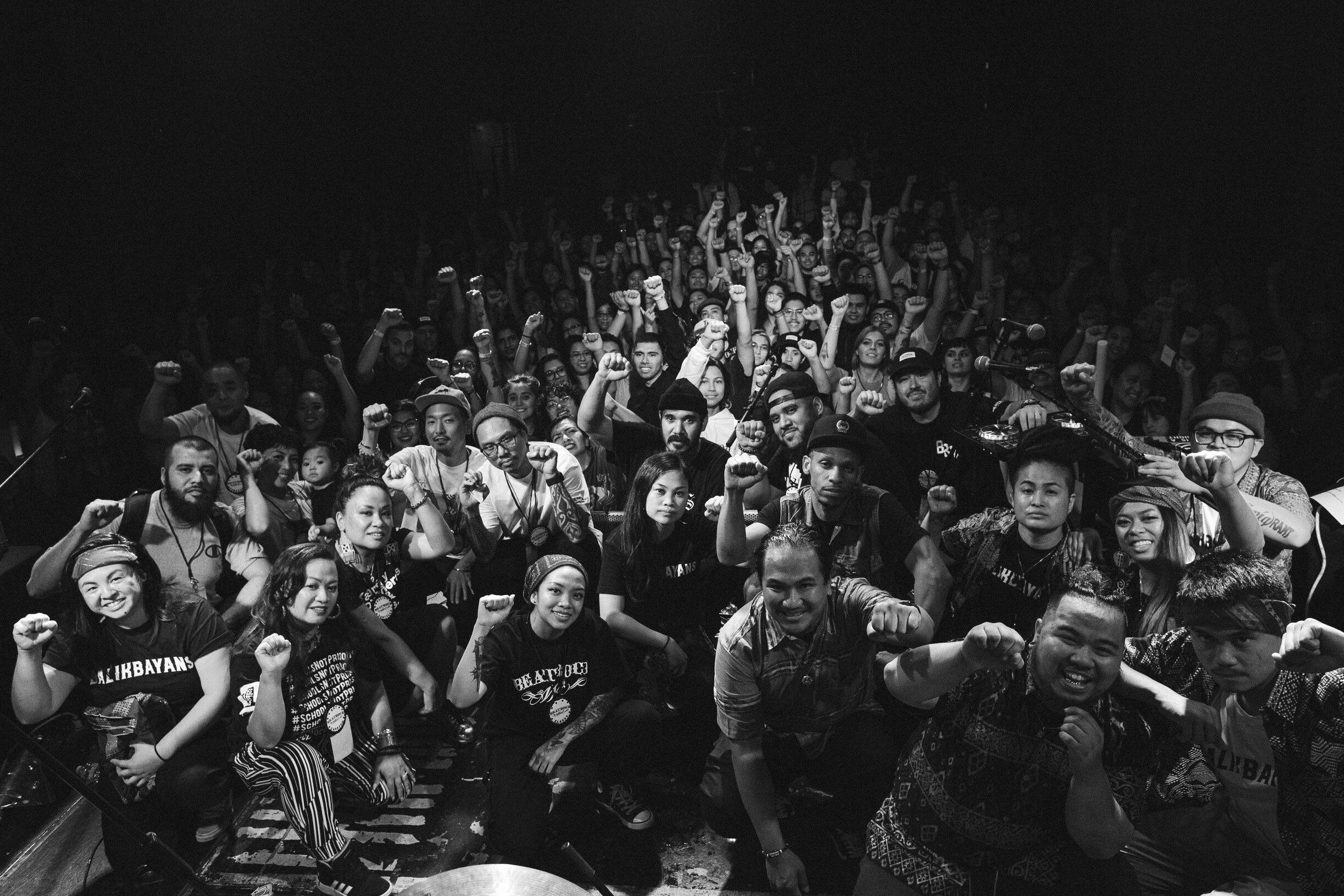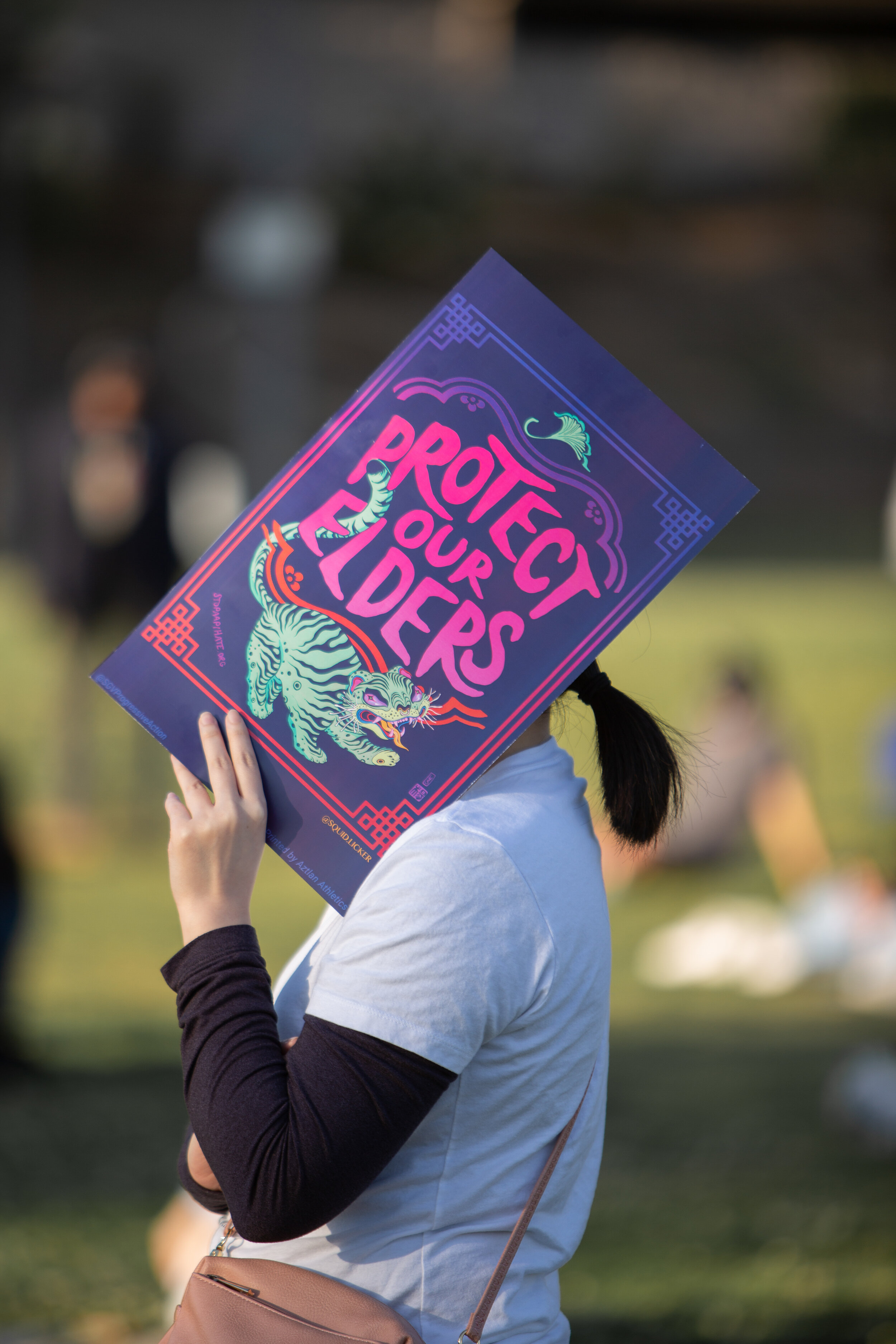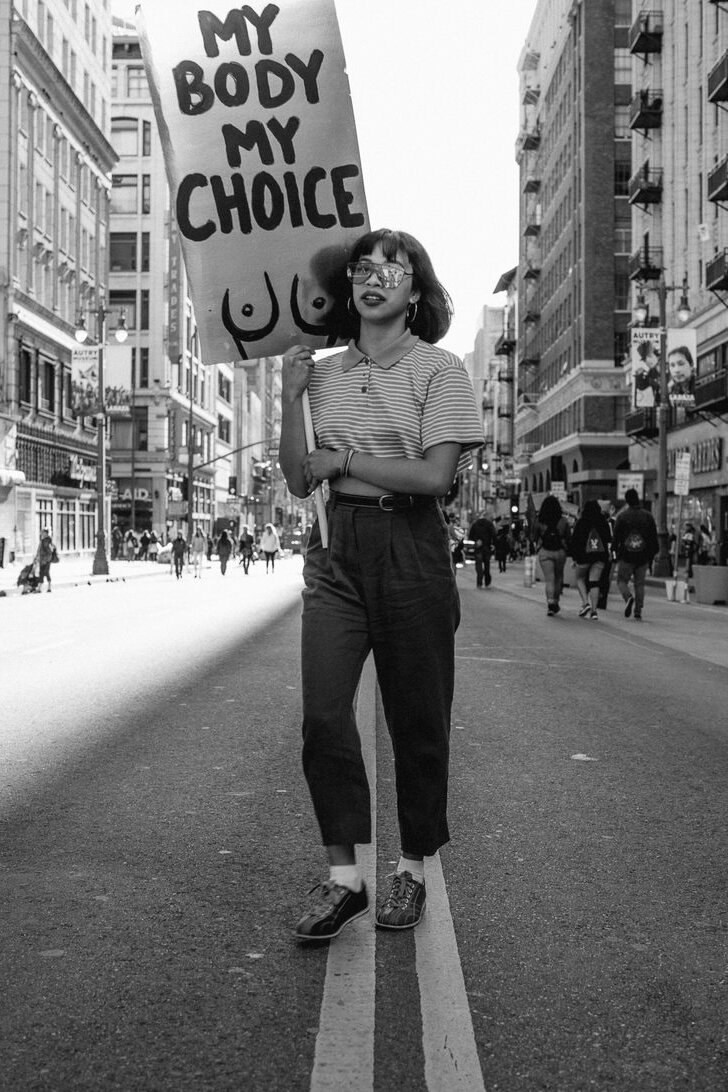Beau Ryan - Photographer, Producer
Beau Ryan is a photographer and producer based in Los Angeles. His interest in photography began with disposable cameras, and continued through learning the dynamics of film photography. After some time working in production and content development, and a refocusing trip to the Grand Canyon and the photos he shot during the trip brought Beau back to photography. Beau’s portfolio includes portraits, sports, outdoors, and live music. Photographing Bambu became a big moment in Beau’s career, leading Beau to join the Beatrock Music creative collective, whose artists and movement he stands by. Beau has traveled to the Kingdom of Eswatini for documentary work with Thirst Project, and has done community outreach work with LA based gang rehabilitation and re-entry program, Homeboy Industries. “ I want to contribute time and my specialty to help and support their mission. This is my way of giving back to my community,” said Beau. Continuing to build his portfolio, Beau believes, “authenticity is the number one objective with every photograph I take, especially when it comes to highlighting POC. Capturing real moments, whether it be a protest, a music event, or a portrait, are crucial for us to learn, grow and look back at.” Beau’s photography documents and brings awareness to current movements, it amplifies voices, and tells a story. “My goal is to provide open visual perspectives on an issue that some people otherwise may not be aware of.”
beauryan.com
@beauryan
When did you first pick up a camera, and when did you decide to pursue photography as a career?
It was around 1996 during my high school years when I first started to take a liking to disposable cameras. It was just a hobby I used at events and when I traveled. My mom started noticing I was hanging tons of prints on my wall and said I reminded her of my father. During his younger years in the Navy while stationed in the Philippines and also where he met my mom, he always had a camera on him. At home, I would look at his old slide film he had stored in some wooded furniture. It was always this exciting anticipation putting them up to the light just to see what was captured. That feeling never left and it actually piqued my interest in photography a little more. Years later, I met a guy named Rich Cook who took me under his wing and taught me the fundamentals of photography ranging from the mechanics of cameras to technical practices of the craft. In the 2000s, film was popular but was rapidly making its way out as the digital age was taking place. Digital was expensive for someone in their early 20s and so, unfortunately, my goals to progress as a photographer, needed to take a backseat. I had some luck in front of the camera and started doing commercial acting and hosting. My love for that started to fizzle and proceeded to do more behind-the-scenes projects which includes producing and content development for a handful of startups. In 2016, after being in the startup life for a few years, I felt overwhelmed. I decided to go on an adventurous three week rafting trip to the Grand Canyon with some friends. We floated along the river all day and camped all night - 226 miles of no internet, social media, or contact with anyone. I shot everything and anything while I was there. This is where it all changed for me. The solidarity with nature reignited my love for the camera. My buddy Jeff, a professional commercial photographer in New York and also the person who organized the trip told me that after he saw my images from the trip, it would be a mistake if I didn’t pursue this professionally. After this trip, I was focused. I recalibrated my priorities and invested a lot of energy on sharpening my skills and finding a way to turn this into something more than just a hobby.
Did it take a while to build a portfolio and get work?
Absolutely. 100%. I dedicated all my free time to capturing images, rediscovering Los Angeles and looking at it with different lenses. Teaching myself how to edit, using the producing and networking skills I had working in the gaming and tech industry for the last decade and applying that to building a body of work. I shot people I knew personally, traveled to Cuba, attended local lowrider events, and did a lot of walking around the city with other photog friends. I did whatever I had to do to get what I needed. I even went as far as messaging rapper Evidence that I was attending his show and I really wanted to get a photo pass to capture his performance. My friends and colleagues started to take notice of my work and started pointing people in my direction when a photographer was needed. I’m still currently building and have so much more to learn technically, especially when reaching my commercial goals. I’m always super thankful for my peers that lent me their advice and provided me inspiration and motivation to keep pushing.
What are some of your favorite shoots, collaborations?
My first time shooting Bambu was a big moment for me in so many ways. I grew up captivated by 80s and 90s Hip Hop music, album covers, and videos. I used to make music video mixtapes from YO MTV Raps. ‘Bam’ was already in my top five favorites for music in general when we met so I was thrilled. My friend Enkrypt invited me to work with them on a project and I was able to shoot a few rolls of film. A few of those shots are still some of my personal favorites but what transpired after that was something I couldn’t have imagined. It was such an honor. I later mentioned that I was interested in formally working with him and his whole camp. Months after the shoot, he gave me the nod and officially made me part of their creative collective Beatrock Music. The friendships and experiences that resulted from this and most importantly, the movement behind their music are what I value the most. Working on projects with other artists from the BRM family like Ruby Ibarra, G Yamazawa, and Faith Santilla have done so much for me personally and creatively. It’s more than art at this point. It’s really solidifying my entire purpose here.
Where has photography taken you? (travel, opportunity)
I was asked to travel to Africa a few years ago to do documentary work for Thirst Project, a humanitarian nonprofit organization that provides fresh water wells to villages that have zero access to clean water. It gave me the opportunity to document the mission as well as capture the daily life of the Kingdom of Eswatini, better known as Swaziland. I’m still in complete awe. It was such a great experience. Documentary work is so powerful and can teach us so much and I always want to be part of these types of projects. Community outreach is also something that is important to me. I recently had the opportunity to work consistently with companies that create a huge impact on communities like Homeboy Industries, the largest gang rehabilitation and re-entry program in the world. As a photographer and also as an Angelino, I want to contribute time and my specialty to help and support their mission. This is my way of giving back to my community.
How do you use your platform to speak about current social justice efforts?
Photography is a form of documenting. My effort in this space is to bring awareness to current events, social issues and progressive movements. I believe that images capture authentic reactions. It is indicative of real human emotions and energy - elements needed to get a message across. Through photos, I am able to express an array of voices and faces, various points of views, certain situations and perspectives that other people may not understand or comprehend. Yes, it’s a photojournalist approach, but the difference here is that I want to capture the truth and nothing but the truth. Amplifying the voices of the unheard through images is sometimes as powerful as the message itself. We need this more than ever today, especially with the hate crimes hitting our POC community which also affects my Filipino American family. My goal is to provide open visual perspectives on an issue that some people otherwise may not be aware of.
What is significant about the work you do?
Authenticity is the number one objective with every photograph I take, especially when it comes to highlighting POC. Capturing real moments, whether it be a protest, a music event, or a portrait, are crucial for us to learn, grow and look back at. For instance, we all learned about segregation in America from schools but when I discovered the photo work of Gordon Parks, this told a different story. His photos narrated the true story of what happened at that time. It really showed me a different emotion and perspective to the issues we had and still have in America. In music, when we lose amazing artists from our community like MF DOOM, Double K, or DMX, it is important to look back at those still moments that people connected with and celebrate their lives. My work will continue to be the visual voice of life and truth of society.
How does your community uplift you?
Nothing uplifts me more than seeing my community come together and organize a movement for a great cause. Most folks think forms of expression like photography, music, spoken word, or even graffiti are just that, an expression. But to us, it’s survival - a way to be heard but to also educate the public about current social events that impact future generations.
Do you have any upcoming projects you're excited about?
Currently working on some digital collaborations with DJ Mike Relm.
Photos courtesy of Beau Ryan
Beau’s profile photo is by Eugene Marcus

